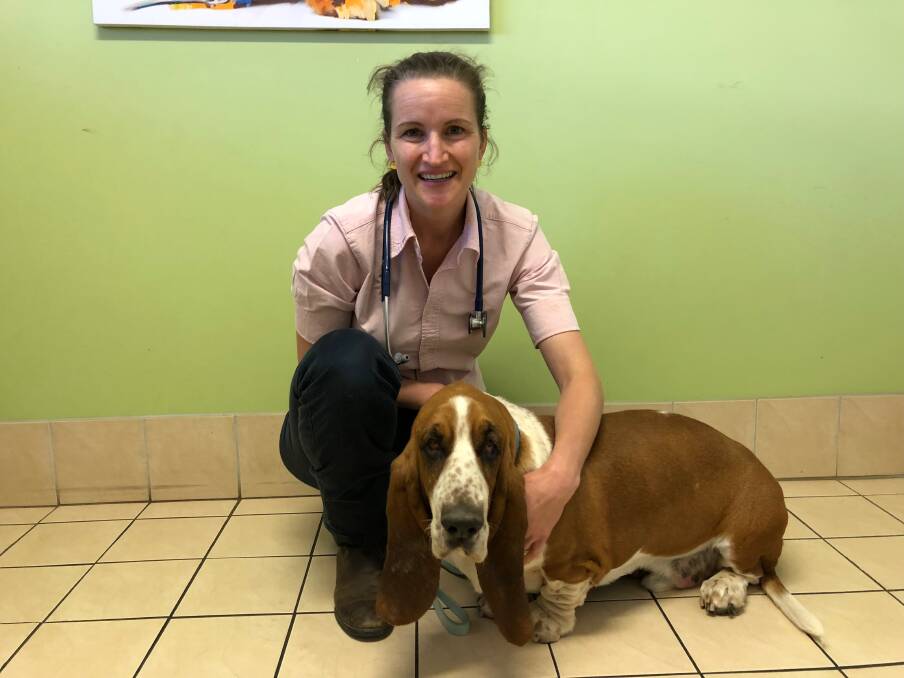
Pet owners are being urged to think carefully about feeding their furry loved ones leftovers from Christmas.
Subscribe now for unlimited access.
or signup to continue reading
While it may be hard to resist a pleading face, Christmas food is among some of the most dangerous for animals to consume.
Veterinarian Rose McKean said fat is one of the most dangerous pieces of food for pets to consume.
“Fat is among really dangerous Christmas food to serve to pets; don’t cut the fat off of meat and then give it to your pets because you’ll be visiting the vet without fail in the next couple of days,” Dr McKean said.
“Bones from turkey and chicken aren’t safe either, because they can break easily, are very sharp and can poke holes in the stomach.
“The safe part of the meat, is the meat.”
Dr McKean said other “poisonous” Christmas foods for pets, particularly cats and dogs, are chocolate and macadamia nuts.
“Roast meat, provided it’s not fatty, is only good in moderation; like humans, over indulging can lead to a sore tummy,” she said.
“Other Christmas things to look out for is tinsel as cats love it and can eat it, which can result in getting stuck in their stomach.”
READ ALSO:
RSPCA NSW advises pet owners to never feed animals alcohol, avocado, chocolate, Christmas pudding, coffee, cooked bones, currants, fruit cake, grapes, gravy, ham, lollies, macadamia nuts, marinates, onion, pork, raisins or sugarless gum.
“Some pets will do anything to get their paws on Christmas treats, even if it means jumping on tables and mauling through bags,” RSPCA communications executive manager Marianne Zander said.
“Don’t leave food unattended if animals are around and make sure to throw rubbish away in outside bins.”
Ms Zander said pet owners should keep an eye on animals and be “on the lookout” for any changes in appearance or behaviour.
“These will vary depending on the type of pet and food eaten, but can include diarrhoea, excessive panting, lack of coordination, muscle twitching, poor breathing and vomiting,” she said.
“If your pet eats anything they shouldn’t, RSPCA NSW advises seeking veterinary advice as quickly as possible.”
People are also being encouraged not to surprise people with pets as presents.
“We don’t tend to see high numbers of animals being returned or surrendered to us after Christmas,” Ms Zander said.
“We don’t discourage people from giving animals as gifts however, we don’t advocate giving animals as surprise gifts.
“If giving an animal as a gift, make sure to speak with the recipient to ensure they want a pet, that they have the time to spend with the pet and they’re prepared for the responsibilities that come along with being a pet owner.”
Ms Zander said Christmas can actually be a good time to introduce a new pet into the family, as many people have more time to spend with the animal and can help them “acclimate” to their new environment.
“Pets aren’t just for Christmas, they’re for life,” she said.


